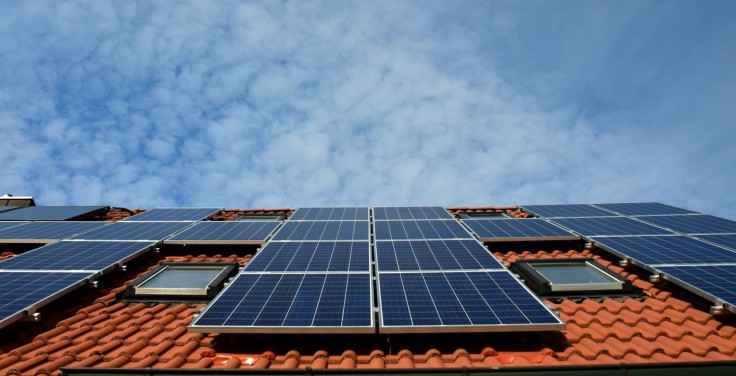
There are a few factors to take into account when installing solar panels and switching to a more environmentally friendly energy source to determine whether your home or place of business is a suitable fit for this setup.
Here's what you have to know about the different types of solar panel installations.
On-Grid or Grid Tied Solar Panels
These solar power systems are by far the most commonly used in homes and commercial buildings. These systems use solar inverters or micro-inverters and are connected to the public electrical grid; they do not require batteries. You export any excess solar energy you produce to the electrical grid, and you often receive a feed-in-tariff (FiT) or credits in exchange, according to Clean Energy Reviews.
Pros of On-Grid Installation
Cares Renewables stated that among the various solar panel system types on the market, grid-tied systems are the most affordable and effective. It has a high system efficiency of >95% (for a system with good design) and can be used to supplement solar power without the need for expensive storage devices. Due to the high design life of grid-tied inverters (5 to 30 years) and the absence of batteries in the system, grid-tied systems also have low maintenance costs.
Cons of On-Grid Installation
When there is a utility grid outage or power outage, the grid-tied system shuts down automatically. You will, therefore, be unable to use a grid-tied system as a backup power source, according to Cares Renewables.
Off-Grid Solar Panels
Since an off-grid system is not linked into the power grid, battery storage is necessary. According to Clean Energy Reviews, off-grid solar systems must have adequate battery storage to fulfill the needs of the home, even during the coldest months of the year when there is typically significantly less sunlight.
Pros of Off-Grid Installation
World Solar mentioned that by not being connected to the grid, you are protected against the possibility of power interruptions and variable energy prices. As long as your energy requirements are minimal, being an energy producer gives you a lot of freedom. In addition, you can also reduce your carbon impact if you go off the grid. Your system won't increase greenhouse gas emissions or water pollution (except rarely, when you might depend on a generator).
Cons of Off-Grid Installation
Grid power cannot be relied upon in adverse weather or when your system requires maintenance, as per World Solar. If you want to power an entire house, you'll need more panels and bigger batteries. You'll need to keep a close eye on your lifestyle and energy consumption.
Hybrid Solar Panels
Grid-tied and off-grid solar systems are combined to create hybrid solar systems. According to Solar Views, these setups can be categorized as either grid-tied solar with additional battery storage or off-grid solar with utility backup power.
Pros of Hybrid Installation
Compared to off-grid solar systems, hybrid solar systems are more affordable. Solar Views noted that a backup generator is not really necessary, and your battery bank's capacity can be reduced. If your solar panels produce more electricity than you need, you can temporarily store it in your batteries and release it onto the utility grid when you will be paid the highest per kWh.
Cons of Hybrid Installation
World Solar said that the upfront installation costs are high, increasing the initial expenditure. The cost is increased by specialized equipment like a smart hybrid inverter. The required parts could take a large amount of space.









